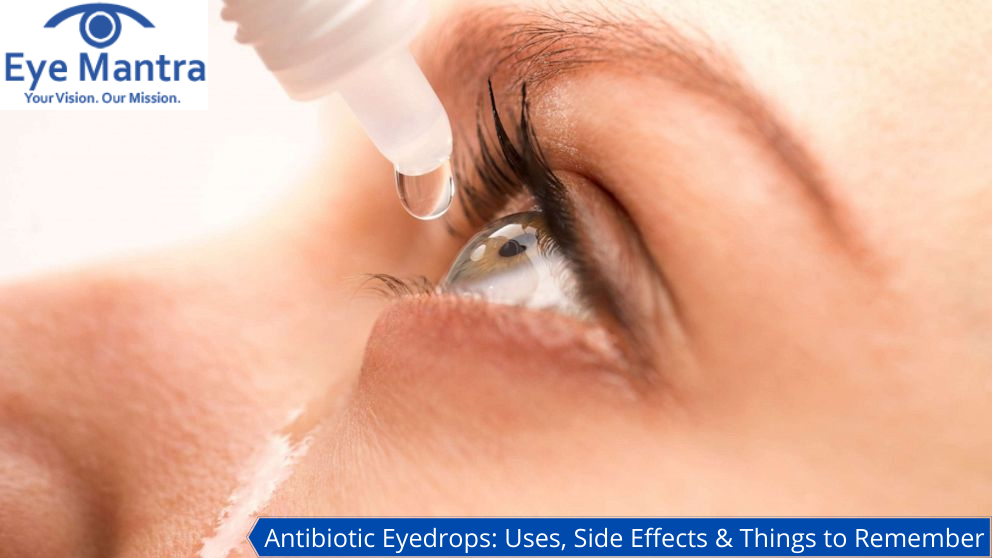Contents
Antibiotic EyeDrops
An antibiotic eyedrops can help in the treatment of a certain type of eye infection (bacterial eye infection) and can be taken by the prescription of a doctor. If you are experiencing redness, tearing, and drainage in your eyes, there are high chances that it may be because of an eye infection. Eye infections can be highly contagious.
Doctors prescribe antibiotic eye drops to treat bacterial eye infections. Antibiotic eye drops help in getting rid of the bacteria (microscopic organism) that has caused the infection in the eye.
Eye Infections
If you feel like, you have an eye infection, then you should visit an eye doctor. They can examine if you need antibiotic eye drops or other treatments.
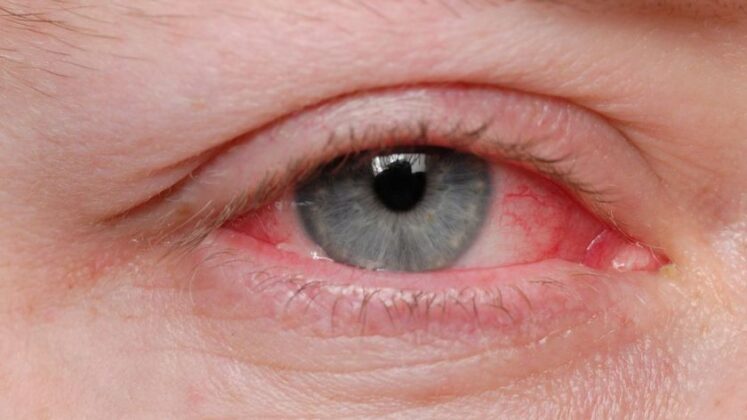
The following can be the symptoms of an eye infection:
- Swelled eyes
- Redness
- Pain in the eyes
- Sensitive to lights
- Draining eyes (yellow-green pus or watery eyes). This is the most common symptom of bacterial eye infections
You should visit your eye doctor for the best advice and the doctor will prescribe the antibiotic eye drops accordingly. Usually, antibiotic eye drops take three days to show the desired results. Inform your doctors if your symptoms do not go away.
Causes of Bacterial Eye Infection
- Bacterial conjunctivitis is considered the most common cause of bacterial eye infection. It is highly contagious among children in daycare and at school.
- Contact-lens can also be the cause behind eye infection. Wearing “contact lenses while you sleep or wearing contaminated (dirty) contact lenses” can also lead to bacterial eye infections. Take good care of the hygiene of your contact lenses for avoiding eye infection.
Antibiotic Eyedrops For Treating Bacterial Eye Infection
The antibiotic eye drops are only suitable to fight bacteria that have caused infection in your eyes. And these eye drops cannot be relied upon for treating other eye illnesses such as:
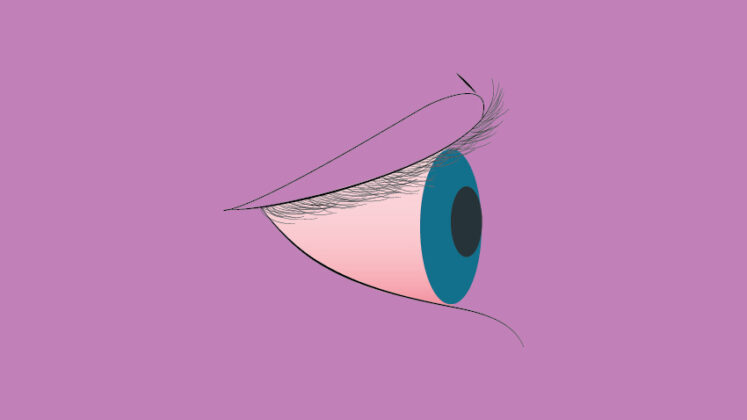
- Viral conjunctivitis – Antibiotic eye drops fail to treat conjunctivitis caused by a virus.
- Allergic conjunctivitis – This irritation in the eye cannot be explained as an infection. It is due to an allergic reaction to something like dust, pollen, or pets. Antibiotic eyedrops will not be useful for relieving the symptoms of an eye allergy.
- Fungal infection in the eye (fungal keratitis) – This infection is very rare and is usually caused by wearing contaminated contact lenses.
Although, antibiotic eye drops will prove to be of no use for these eye conditions.
How To Use Antibiotic Eye Drops?
Before using it first, check if the seal is broken. If yes, then do not use the eye drops. Follow the directions mentioned below for using the antibiotic eye drop.
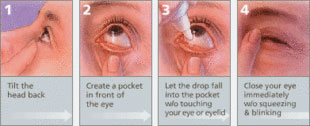
- Children of 2 years of age and above and also adults: Put a drop into the infected eye and if both eyes are infected put one drop in both of the eyes. Apply for every 2 hours for the first 48 hours, after that every 4 hours.
- Continue the medicine for 5 days and do not stop the medicine course before that. Stopping the course in the middle can make your condition worse.
Precautions For Using Antibiotic Eyedrops
Before starting any course of an antibiotic eyedrop for your child, let your doctor know if your child is allergic to any antibiotic. Before using an eye drop it is important to wash and dry your hands. As you will be needing to place one drop in each eye. In case you need to use more than one type of eye drop, leave your eye for at least five minutes before applying for another medicine.

- You should not be using someone else’s prescription.
- Don’t leave your medicine course in between. Take the full course after consulting the doctor.
- Don’t save unused prescriptions for using it later.
- You should not use antibiotic eye drops if you are allergic to chloramphenicol or any of the ingredients.
- Don’t start the course if you ever had problems with your bone marrow or blood.
- You should not proceed with the medicine if you have a family history of blood “dyscrasias”. It is a condition that can lead to several problems such as tiredness, fatigue, unusual bruising, etc.
- Antibiotics eye drops are not a good idea in case you are pregnant or breastfeeding. In such cases, it is better to consult your doctor about the medication.
Side Effects of Antibiotic Eyedrops
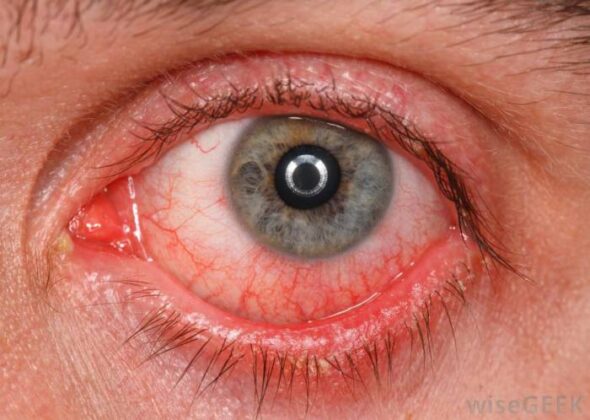
Antibiotic eye drops can have certain side effects:
Mild side effects include mild stinging, blurring of the eyesight, or a kind of funny taste in your mouth soon after you put them in. Sometimes antibiotic eye drops can result in an allergic reaction.
The signs of an allergic reaction can be as follows:
- Severe swelling and redness of the eye or eyelids. It may also cause irritation.
- Swelled eyelids, lips, or face.
- Some people may even find it difficult to breathe.
- Skin rash.
If you experience any of the above-mentioned symptoms, halt the medication right away, and seek medical attention immediately. You will be needing antibiotic tablets or injections to treat these infections.
Things To Know Before Taking Eyedrop Prescription
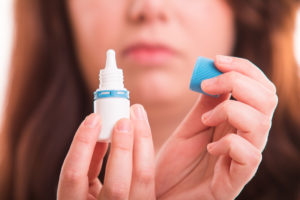
- You should not be using these medicines for a long period of time or to treat an infection that is recurring. If you do this, the infection may develop resistance to the particular medicine and will become more difficult to treat when you get it again.
- This medicine can affect your vision i.e., it can become blurry for a while. So, avoid driving or using any machines until you are sure you are not affected.
- If you are on antibiotic eye drops course you should not be applying contact lenses during the course. Switch to your glasses.
- In case you wear soft contact lenses, the preservative in the antibiotic eye drops can damage them. Wait for 24 hours at least before using the lenses again.
- Phenylmercuric nitrate might cause allergic reactions.
- In case you are taking any other medication, let your doctor know about it before starting with an antibiotic eye drop course.
When To Consult Your Doctor
- In case you have a foreign body (splinter, for example) in your eye that has not been removed.
- If you have a recurring eye infection.
- In case you have gone through eye surgery or laser treatment in the past six months.
- If you have glaucoma in the eye/dry eye syndrome/an eye injury, or if you have had one of these before.
- In case you are already using any other eye drops or ointments.
The best way to treat your eyes is to visit your eye care professional and get your eyes checked regularly. He will be able to assess the best method of treatment for your eye-ailment.
Visit our website Eyemantra.To book an appointment call +91- 9711115191. Or mail us at [email protected].Our other services include Retina Surgery, Specs Removal, Cataract Surgery, and many more.

